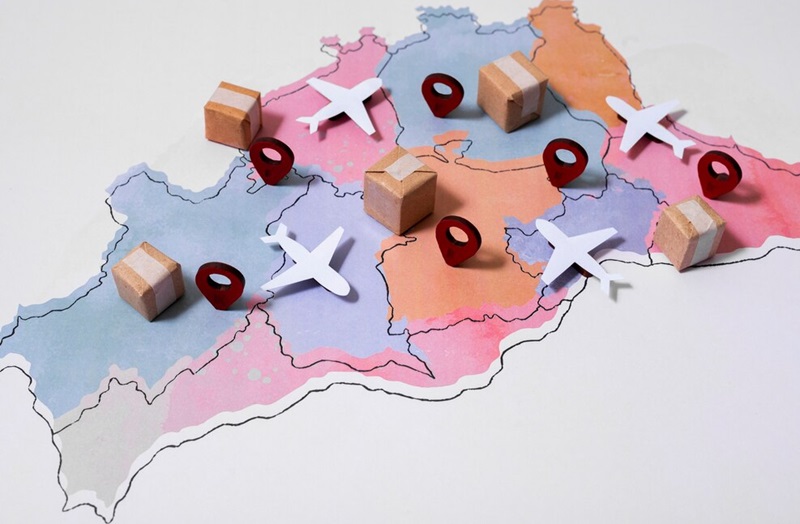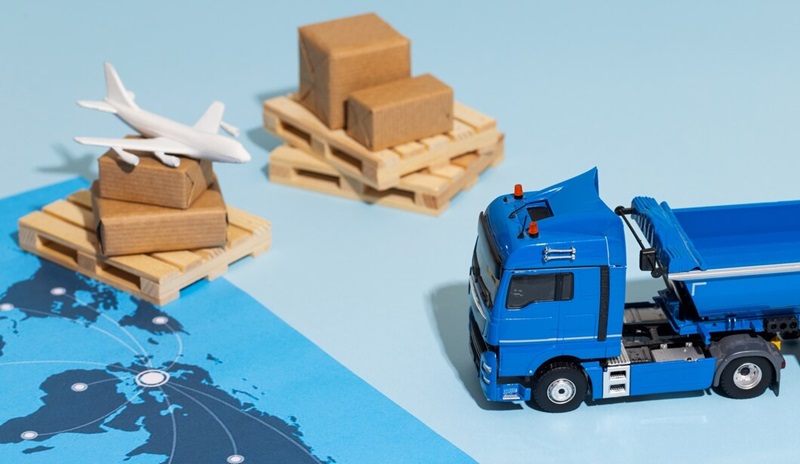
Complete Guide for African Exporters to Import in India
Are you an African exporter who wants to import in India but needs clarification on compliance requirements?
We understand importing in India can be daunting, especially with the diverse certificate requirements.
Whether you’re dealing with electrical appliances or medical equipment, each product category has its own set of compliance to jump through.
But we’ve got you covered. In this guide, we’ll explain everything you need to know about importing into India.
Let’s dive in and simplify the compliance journey for you.
Regulations to Understand before you Import in India

Like many other countries, India has severe import regulations to ensure the safety and quality of imported goods.
As an African exporter, it’s crucial to comply with these regulations to avoid any potential delays or rejections at customs.
Some of the key import regulations to consider before you import in India include:
1. Product Standards and Certification: India has specific standards for various products, and certain goods may require mandatory certification from authorised agencies.
Make sure your products meet the relevant standards and obtain the necessary certifications before exporting to India.
2. Customs Duties and Tariffs: Familiarize yourself with the applicable customs duties and tariffs for your products.
These duties can vary depending on the nature of the goods and their classification under the Harmonized System (HS) code.
3. Documentation Requirements: Prepare all the required documentation accurately, including commercial invoices, packing lists, certificates of origin, and other relevant paperwork.
Incomplete or incorrect documentation can lead to customs clearance issues.
4. Restricted and Prohibited Items: Be aware of any restrictions or prohibitions on certain goods imposed by Indian authorities.
Import in India: Important Certifications

Product standards and certifications ensure that the products being import in India meet certain quality and safety requirements.
Different types of products may have specific standards they need to meet, and obtaining the necessary certifications demonstrates that your products comply with these standards.
Authorities regulate these standards and certifications to ensure that imported goods are safe for consumers and meet the country’s quality expectations.
In India, some of the key authorities responsible for regulating product standards and certifications include:
1. Bureau of Indian Standards (BIS): The BIS is a national standards body that develops and publishes standards for various products and services in India.
They certify products through the ISI (Indian Standards Institute) mark, which indicates compliance with Indian quality standards.
2. Directorate General of Foreign Trade (DGFT): DGFT is the agency responsible for formulating and implementing India’s foreign trade policies.
They may specify certain import regulations and certification requirements for different products through notifications and trade policy documents.
3. Department of Telecommunications (DoT): The DoT formulates policies and regulations for the telecommunications sector in India.
It may stipulate certification requirements for telecom equipment and devices to ensure interoperability, network compatibility, and electromagnetic compatibility (EMC) compliance.
Importers of telecom products need to obtain the necessary certifications from authorised agencies recognised by the DoT.
4. Food Safety and Standards Authority of India (FSSAI): FSSAI is responsible for ensuring the safety and quality of food products in India.
They regulate food standards, licensing, and certification processes to protect public health and ensure food safety.
5. Petroleum and Explosives Safety Organization (PESO): PESO, under the Ministry of Commerce and Industry, regulates the import, storage, transportation, and use of petroleum products, explosives, and compressed gases in India.
It establishes safety standards, issues licenses, and conducts inspections to prevent accidents and ensure compliance with safety regulations.
Importers dealing with petroleum products, explosives, or compressed gases must adhere to PESO’s regulatory requirements.
6. Other Regulatory Bodies: Depending on the nature of the products being imported, other regulatory bodies may be involved.
For example, electronics may need certification from the Ministry of Electronics and Information Technology (MeitY) where as the textiles committee operates under the Ministry of Textiles and is responsible for promoting quality and standardization in the textile industry.
Partner with Vincular for all Regulatory Compliance Requirements
Vincular is India’s best regulatory compliance company offering testing, certification and consulting services guaranteeing you fulfil safety and quality standards.
We take pride in serving diverse industries ranging from electronics and IT products to household items and industrial goods, energy conservation to waste management, medical devices to cosmetics, automotive to food safety, etc.
To seamlessly import in India you may need certain certifications such as BIS Certification, WPC Approvals, BEE Certifications, CDSCO Approvals, and so on, and to obtain those certificates you can connect with us at info@vincular.in
Conclusion
Exporting to India offers tremendous opportunities for African exporters to expand their businesses and tap into a dynamic market.
However, success in the Indian market requires careful attention to compliance requirements, import regulations, taxation, and packaging standards.
By understanding and adhering to these requirements, exporters can navigate the Indian market with confidence and unlock its vast potential.
Remember to stay informed, seek professional guidance when needed, and embark on your export journey to India with determination and diligence.